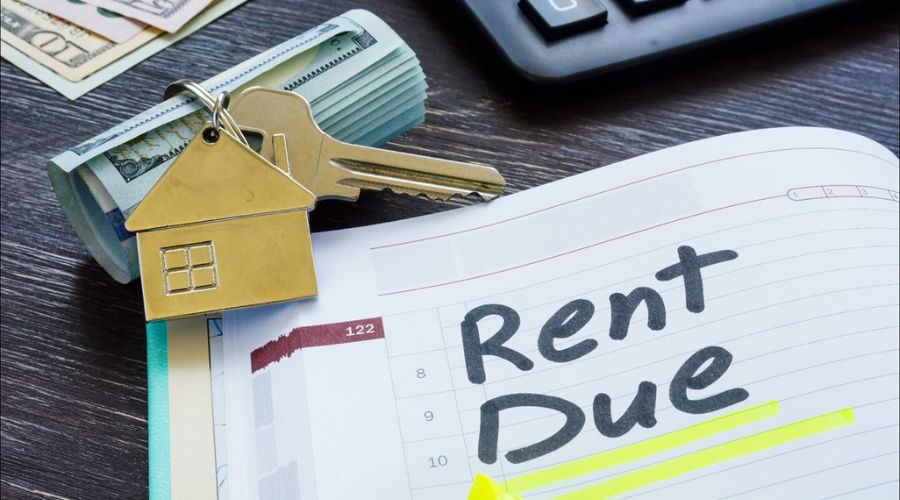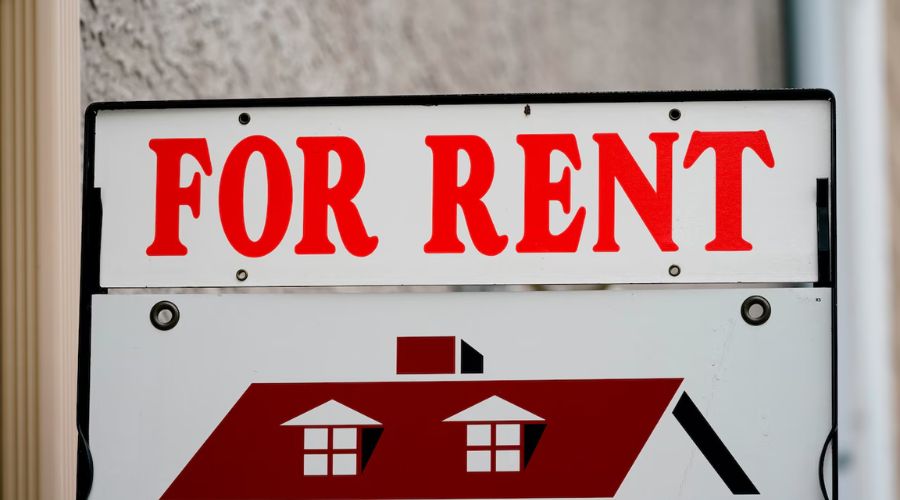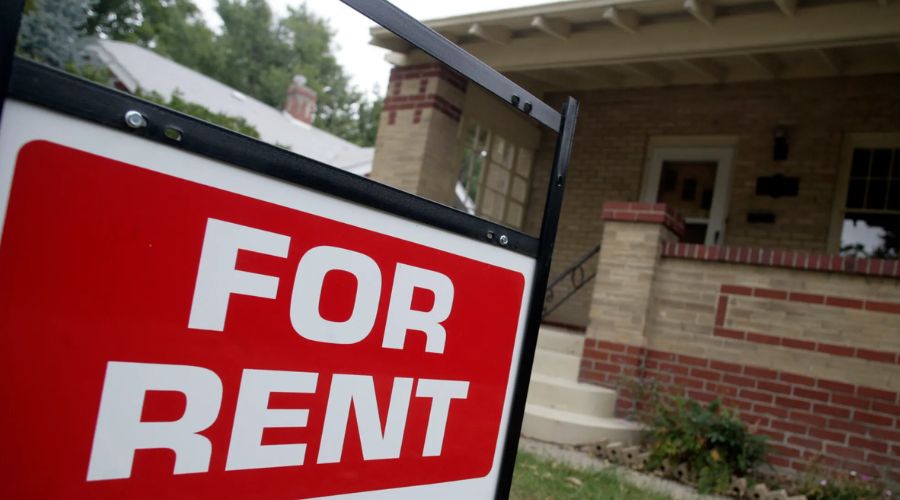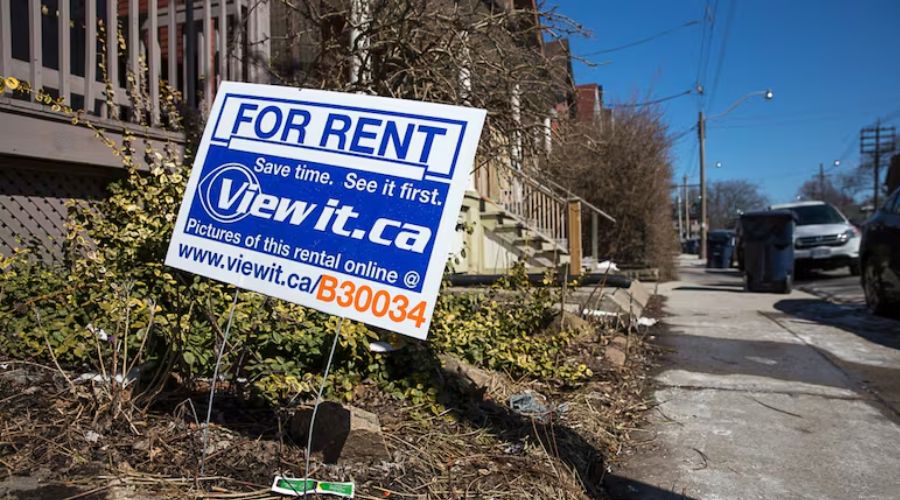Oregon rent control laws can be tricky for both landlords and tenants, but understanding them is key to a fair rental experience. Oregon was the first state to pass statewide rent control laws through Senate Bill 608 (SB 608). They offer tenants stronger protection while giving landlords clear rules to follow.
In the LeaseRunner guide, we’ll walk you through the main points of these laws and explain how they impact your rights and responsibilities.
Oregon State-wide Rent Control Laws
The Oregon rent control laws were passed through (SB 608) in response to rising rental prices across Oregon, particularly in cities like Portland. Those rules play a key role in stabilizing housing prices and reducing vacancy.
The state implements those rules across the state, but it still allows counties and cities to add their own local regulations. This shows that Oregon has a different approach compared to other states, like New York, which has rent control and rent stabilization programs
The state-wide laws in Oregon provide clear rent increase guidelines. They set a limit on how much landlords can raise rents per year. Those strict rules enable Oregon tenants to avoid extreme rent increases and unfair evictions. Additionally, they ensure landlords can still make reasonable returns on their investments.

Annual rent increase limits
Under Oregon rent control laws, landlords are restricted from raising rents more than 7% plus CPI annually. For example, if inflation is 2%, the total allowable rent increase for that year would be 9% (7% + 2%).
Formula: Maximum Rent Increase = 7% + CPI Inflation Rate
Although these rules are applied statewide, some areas have additional local rent control ordinances. Particularly, the City of Portland imposes stricter rent increase guidelines. The rent increase caps cannot be over 5% pls CPI per year within a 12-month lease period.
Rent increases in housing subsidies
In Oregon, some special cases that are not under the control of SB 608 have special rent increase rules. Those cases are counted as housing subsidies where properties receive Section 8 housing vouchers or Low Income Housing Tax Credit (LIHTC) properties. Rent increases in these properties are capped at small, fixed amounts each year.
For example, the U.S. Department of Housing and Urban Development (HUD) sets the maximum rent increase at around 2-3% annually for Section 8 properties. These rules keep rent stable for lower-income tenants.
Just-Cause Eviction requirement after the first year
One of the most important protections in SB 608 is the just-cause eviction rule. Before this law, landlords could evict tenants without providing a reason. Now, after a tenant has lived in a property for more than one year, landlords must provide a valid reason for eviction, such as:
- Failure to pay rent
- Lease violations
- Criminal activity
- Landlord intends to occupy the unit
This just-cause rule gives tenants more security, ensuring they cannot be evicted without a valid reason once they’ve established long-term tenancy. Tenants who are wrongfully evicted can recover up to three months' rent plus damages.
Landlords who violate the law by raising rents excessively or evicting tenants without cause can face fines and legal action.
Tenants have the right to sue landlords who violate their rights under the law.
Exemptions from the Oregon Rent Control Laws
Oregon rent control laws provide protections, but not all properties fall under these rules. Some properties are exempt from rent control. These include new constructions, major renovations, and properties in rent-controlled cities. Let’s break down each exemption.

New Construction for 15 Years
Properties built in the last 15 years are exempt from Oregon rent control laws. This means the owner of these old buildings can increase rent freely without being restricted by the state-wide laws. This comes from the 15-Year Rule. Once buildings reach 15 years old, they become subject to the same rent control rules as older properties.
This exemption aims to stimulate the development of new rental properties to alleviate housing shortages. It also ensures long-term affordability once the property ages into regulation.
Major Renovations
Another important exemption from Oregon rent control laws is major renovations. If a landlord makes significant improvements to a property, they can raise rents above the usual cap. Examples of qualifying renovations include:
- Upgrading Appliances: Installing new kitchen appliances or modernizing bathrooms can justify a rent increase.
- Structural Changes: Significant work such as roof replacements, new foundations, or expanding the living space.
- Tenant Notification: Before increasing rent due to renovations, landlords must provide tenants with proper notice, typically 30-60 days before any change.
The idea behind this exemption is that tenants benefit from the upgraded housing condition. As a result, it’s fair for landlords to adjust the rent accordingly. However, this must be done in compliance with the proper notice requirements to avoid potential disputes.
In addition to these two exemptions, some cities, such as Portland, are exempt from Oregon state-wide rent control laws. Since they have their own rent increase systems, landlords must stick to their guidelines.
Rent Increase Requirements for Oregon Landlords
In Oregon, the state has set limits on how much rent can increase each year. This is part of the Oregon rent control laws passed in 2019. According to SB 608, rent increases are capped at 7% plus the inflation rate (measured by the Consumer Price Index or CPI) every year.
Notice Requirements for Rent Increases
Oregon landlord-tenant laws require landlords to inform tenants about rent increases in advance through a written notice. It must clearly state the new rent amount, the effective date, and the landlord’s contact information.
The rent increase notification process will be conducted within a certain period based on the increase amount:
- For rent increases up to 10%, landlords must give 90 days' notice in writing.
- For increases over 10%, landlords must give 180 days' notice.
If the landlord does not provide proper notice, tenants can refuse to pay the increase until they receive the correct notice. Landlords who fail to follow the rent increase guidelines may face penalties.
For special cases mentioned above, like subsidized properties, landlords must send a 60-day written notice to tenants and the housing authority before a rent increase takes effect.

Penalties for landlords when breaching the Law
Landlords who violate Oregon rent control laws face penalties. If they increase rent above the legal limit or fail to provide proper notice, they can be fined up to 3 months’ rent and be required to pay damages to the tenant. In some cases, tenants can sue for up to three times the illegal rent or seek compensation for unlawful evictions. Landlords who intentionally break the rules may face additional consequences, including legal fees and court costs.
Understanding eviction laws and how they apply to rent increases is crucial for both landlords and tenants to avoid any legal trouble. For tenants, keeping track of lease agreements and the eviction process can ensure they know their rights and can take action if needed.
Eviction Protections for Oregon Tenants
Along with Oregon rent control laws, landlords and tenants must grasp eviction laws and protections. This helps tenants be aware of their right to defend themselves against unlawful evictions and rent hikes. For landlords, understanding all the rules enables them to conduct the eviction process legally, including eviction checks during tenant screening to avoid costly fines.
Protections from No-Cause Eviction after the first year
In Oregon, no-cause evictions are not allowed after a tenant has lived in the rental unit for one year or after the first fixed-term lease ends. This means that once tenants hit the one-year mark, landlords must provide a specific reason to end the lease. These reasons could include non-payment of rent, lease violations, or criminal activity.
However, during the first year of tenancy, landlords are allowed to evict tenants without providing a cause, as long as they follow proper eviction laws and notice procedures.
Notice requirements for termination by tenants
When a tenant chooses to end their lease, they are required to give notice to the landlord. The notice requirements are:
- For month-to-month tenants: At least 30 days’ notice is required.
- For tenants with a fixed-term lease: A 60-day notice is required.
These notice periods help both the landlord and tenant prepare for the move, ensuring a smoother transition. Tenants should ensure they give timely notice to avoid legal issues and potential penalties.
Relocation assistance requirements in some cities
Some cities, such as Portland, require relocation assistance if tenants are evicted due to redevelopment or property sales. This assistance helps tenants cover moving costs.
While not all cities in Oregon have this requirement, it provides extra protection for tenants displaced by factors beyond their control, such as rising rents or changes in property ownership. It's important to understand the rent increase guidelines and how they affect your rental agreement.

Practical Tips for Landlords to Resolve Tenant Disputes
When conflicts arise between landlords and tenants, it’s essential to handle them effectively and in accordance with Oregon rent control laws. Understanding your rights and responsibilities will help resolve disputes fairly. Here are some practical steps to take:
1. Find a mediation service
Mediation helps both parties resolve conflicts without going to court. It involves a neutral third party who assists in reaching an agreement. Oregon offers services, such as the Oregon Mediation Association, which is affordable and helps landlords maintain a professional relationship with their tenants.
2. Seek legal help from renter self-help centers
Oregon’s Renter Self-help Centers provide resources on tenant rights, squatter rights, eviction, and dispute resolution. These centers can guide landlords on the legal framework, preventing issues related to security deposit disputes or unpaid rent. They are a helpful resource for both tenants and landlords to understand their rights.
3. File a complaint with Oregon Housing and Community Services
If informal resolution fails, file a complaint with Oregon Housing and Community Services (OHCS). OHCS oversees housing regulations and investigates tenant non-compliance. This can help resolve issues such as squatter rights, lease violations, or rent disputes while ensuring adherence to state laws.
4. Seek legal aid from Oregon Lawyers
In more complex disputes, consulting an attorney is often the best course of action. Oregon landlord-tenant lawyers give landlords advice on whether a tenant breaks a lease agreement. They also provide some legal resolutions if the landlords violate Oregon rent control laws. They ensure that all landlords’ actions, such as evictions and lease renewals, comply with the law.
5. Consult with the Oregon Landlord Associations
Oregon Landlord Associations provide resources, legal guidance, and support for landlords. Membership gives you access to up-to-date information on rent control laws in the U.S. and advice on managing tenant disputes. These associations also offer networking opportunities where landlords can share experiences and strategies for resolving common tenant-related issues.
These practical tips can help landlords manage and resolve disputes while ensuring compliance with Oregon’s rent control regulations. Whether through mediation, legal consultation, or assistance from professional associations, it’s essential to approach tenant disputes with professionalism and legal knowledge.
Compare Rent Control Laws: Oregon vs. California vs. Washington
The rent control laws in Oregon, California, and Washington each take different approaches to controlling rental prices and tenant protections. Understanding the specific rules, limitations, and protections in each state can help both tenants and landlords navigate the housing market. Below is a comprehensive comparison of the rent control laws in these three states.
Conclusion
Understanding Oregon rent control laws empowers both landlords and tenants to navigate the rental market with confidence. By staying informed about rent caps, eviction protections, and legal responsibilities, you can avoid costly mistakes and ensure fair treatment. Whether you're a landlord looking to stay compliant or a tenant seeking security, knowing these laws is key to a positive rental experience in Oregon.
FAQs
1. How much can they legally raise your rent in Oregon?
Under Oregon's rent control laws, landlords can raise rent by 7% plus the Consumer Price Index (CPI) inflation rate for the West Region. This cap applies annually to most rental properties that are 15 years or older. However, new construction and major renovations are exempt from these limits.
2. What is the rent control cap in Oregon 2025?
In 2025, the rent control cap in Oregon will remain at 7% plus the CPI inflation rate for the West Region, which limits how much landlords can increase rent annually. This rule applies to rental properties built 15 years ago or earlier, with certain exemptions for newer properties or those with major renovations.
3. What is the highest percentage a landlord can raise rent?
The highest percentage a landlord can raise rent in Oregon is 7% plus the CPI inflation rate for the West Region each year. For example, if inflation is 2%, the maximum rent increase would be 9%. However, the law requires landlords to provide adequate notice before increasing rent.



